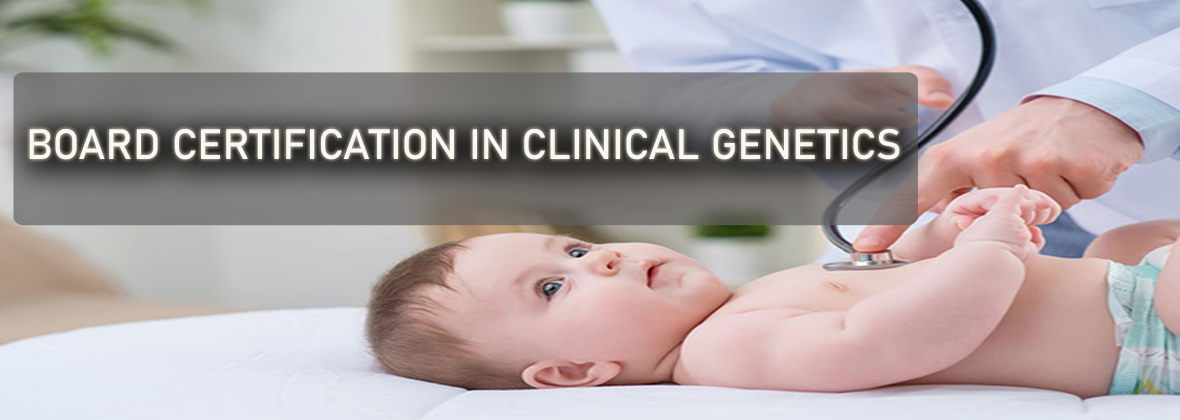
![]()
Clinical Genetics is the medical speciality concerned with the diagnosis and medical management of inherited disorders and birth defects, estimation of genetic risks and provision of genetic counselling for family members. The Clinical Geneticists work in close collaboration with other medical specialists and laboratory scientists in a collaborative work environment.
Today Clinical Genetics has become very important in clinical practice. The National Health Strategic Master Plan for 2016 to 2025 of the Ministry of Health, Nutrition and Indigenous Medicine has identified the need for development of Clinical Genetics services as a national programme in Sri Lanka. One of the goals of this programme is to train adequate number of MD qualified Clinical Geneticists to fulfill the national need.
In fulfilling this requirement, training in Clinical Genetics will be offered to those who have demonstrated competence in Adult General Medicine and Paediatrics as evidenced by passing the MD (Medicine) or MD(Paediatrics) examination at the PGIM. This will ensure that the Clinical Geneticist would be competent in delivering total medical care to patients with genetic disorders, the majority of whom would require screening and management of general medical/paediatric conditions and coordination of their care with other medical and surgical specialists.
![]()
At the end of the programme, a Board-Certified Specialist in Clinical Genetics shall be able to;
- diagnoses and manage pathological states presenting in clinical genetics
- organizes and lead genetic services fitting the needs of a particular context and evaluate its outcomes
- conduct audits and scientific research, with a view to contributing to scientific knowledge in the field and participating in the task of improving genetic services in the community
- communicate effectively complex concepts and genetic tests results to families enabling them to make informed decisions
- educates other health professionals, medical and postgraduate students, and the general public on relevant aspects in clinical genetics including prevention and health promotion
- critically appraise research publications and practice evidence-based medicine g. maintain highest standards of professionalism, moral and ethical conduct as a clinical geneticist
- engages in continuous professional development and become a lifelong learner i. play a critical role in the discourse around ethical and moral aspects related to the application of new genetic developments in healthcare
![]()
A candidate who fulfills the following requirements are eligible to be enrolled into the programme;
- passed the MD (Medicine) or MD (Paediatrics) examination
- has not applied or has not already enrolled into any other post-MD training programme at the PGIM
- has not obtained Board Certification in any field
Please refer to the relevant prospectus for the most up to date information. The prospectus of a particular programme contains official information pertaining to a programme approved by the Board of Management, University Senate and the University Grants Commission